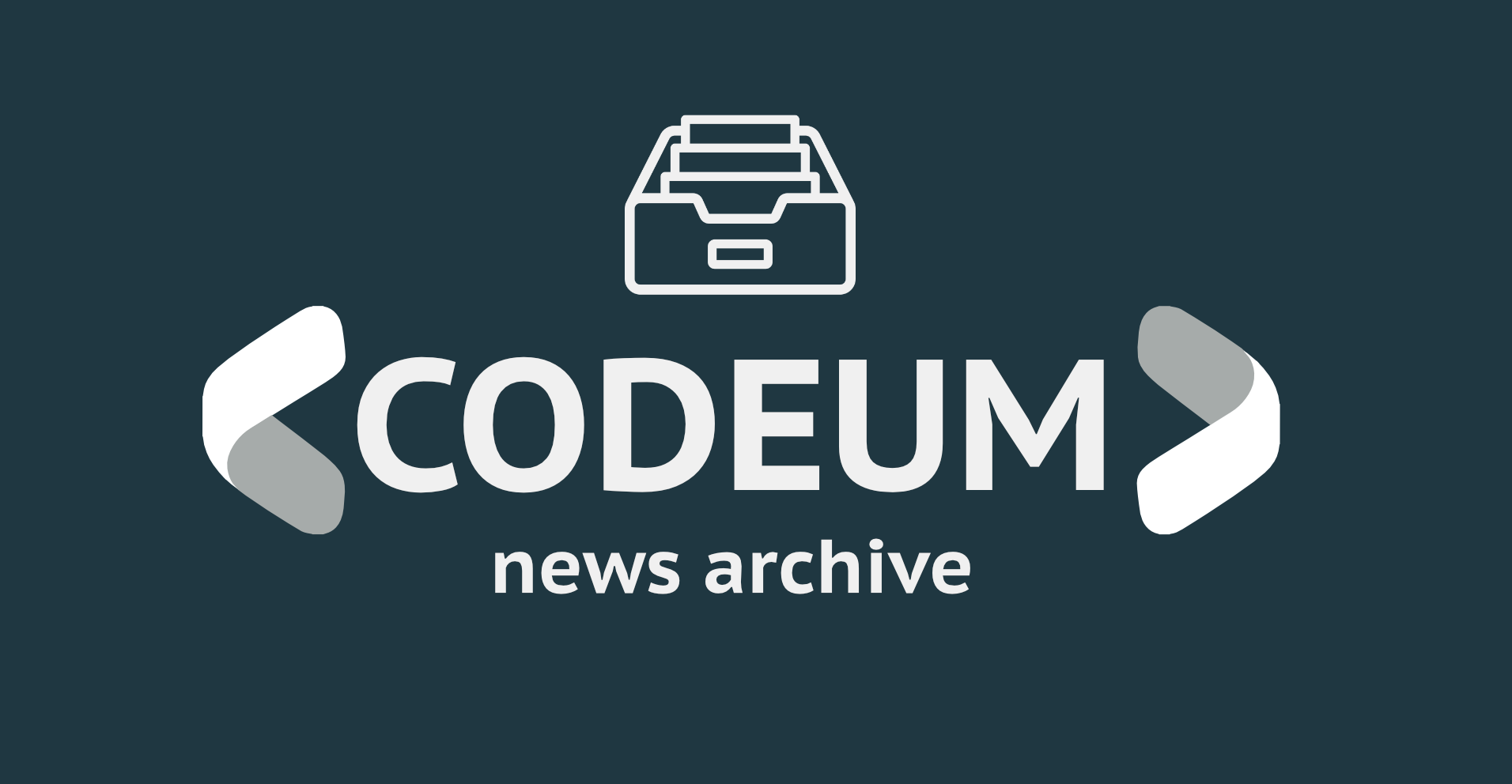
Introducing Scroll, Ethereum's Newest Layer 2 Scaling Solution
Key Takeaways
- After months of development, Scroll was announced today.
- Scroll is a zkEVM-based execution layer Ethereum Layer 2 scaling solution.
- The teams seeks to take the powerful zero-knowledge rollups to the next level, solving the key limitations of current solutions.
Share this article
Scroll, a zero-knowledge, Ethereum Virtual Machine-based Layer 2 rollup, was announced today after a year of development. The team seeks to build a scaling solution that will allow Layer 1 smart contracts to migrate to Scroll without the need for modification.
Novel Ethereum Layer 2 Announced
Reviewed by Vitalik Buterin himself and in collaboration with the Ethereum Foundation, the battle for scaling Ethereum is heating up with a new entrant.
A team of researchers and hackers announced Scroll today, a Layer 2 scaling solution whose code can be deployed on the Ethereum mainnet without modification. Users of Scroll should be able to utilize faster, less expensive transactions, while enjoying the same level of security Ethereum provides.
Citing research breakthroughs such as recursive proofs and advancements in hardware, the team is building its zkEVM in an open-source manner and with the help of the Ethereum Foundation’s Applied ZKP team. The team wrote:
“We are building a zkEVM to trustlessly prove valid execution of smart contract code. Unlike other zkEVMs, it achieves bytecode-level compatibility with Ethereum, meaning all EVM opcodes behave the same as on the base layer.”
Scroll team members hold the view that zk-Rollups are the superior Ethereum scaling technology (e.g. as compared to optimistic rollups, which currently constitute the most widely used Layer 2s). However, the problem with the other zk-Rollups that are being built, they write, is that they are application-specific, so it is difficult for developers to build decentralized applications within them that are generally composable and easily migratable. In contrast, Scroll’s zkEVM is meant to allow for zero-knowledge proofs that are verifiable on the general Ethereum Virtual Machine, enabling the migration and integration of existing Ethereum applications and infrastructure. An Ethereum block could be verified directly via one concise proof using Scroll’s zkEVM by focusing on “the consistency and integrity of each opcode in EVM execution trace.”
The team is also working on creating a proof market via a decentralized network in which zero-knowledge proofs can be generated for those who want to outsource their proving mechanism. To this end, the team claims to have created the world’s quickest GPU and ASIC prover.
Having already raised $30 million, partly contributed by members of the Ethereum Foundation, the Scroll team is working to release an introductory testnet for its zkEVM Layer 2 scaling solution, as well as for its proving network. The protocol is also set to be upgraded to a multi-layer, zero-knowledge proof system, with the first layer being prover efficient and the second verifier efficient. Amongst other benefits, the team writes that this opens the door for privacy features.
Ethereum’s co-founder and most prominent voice, Vitalik Buterin, has noted its shortcomings in regard to mass adoption as a Layer 1, largely due to its gas fees, and he put forward EIP-4488 last November to address gas fees even on existing Layer 2 scaling solutions.
Layer 2s are likely to form the bulk of Ethereum scaling solutions, at least in the short and medium term. However, Ethereum’s merge to proof-of-stake, which many hoped would come in June but is no longer expected within that timeframe, is set to pave the way for sharding, which would divide Ethereum’s blockchain into multiple concurrent threads.
Disclosure: At the time of writing, the author of this piece owned BTC, ETH, and several other cryptocurrencies.
Share this article
Ethereum Layer 1 “Not Ready for Direct Mass Adoption”: Vitalik But...
Vitalik Buterin has addressed Ethereum’s scalability issues, reiterating that gas fees need to be lower and stating that the network is not ready for mass adoption in its current state. ...
Source link